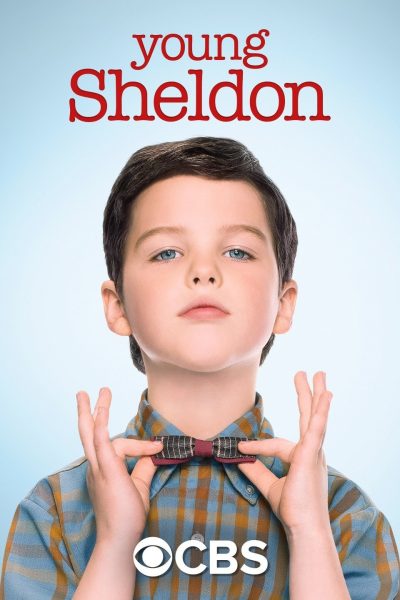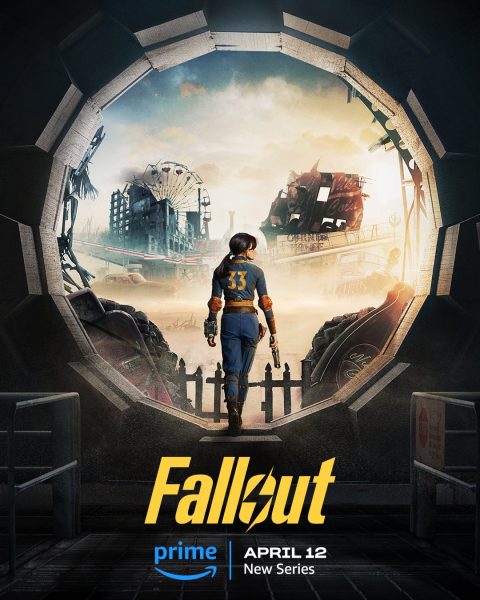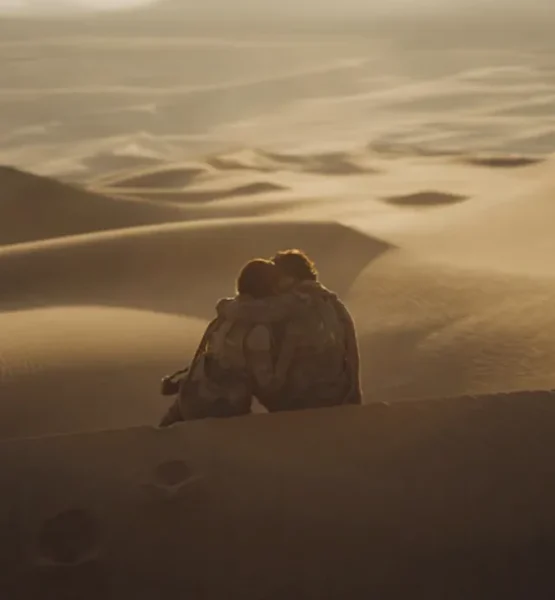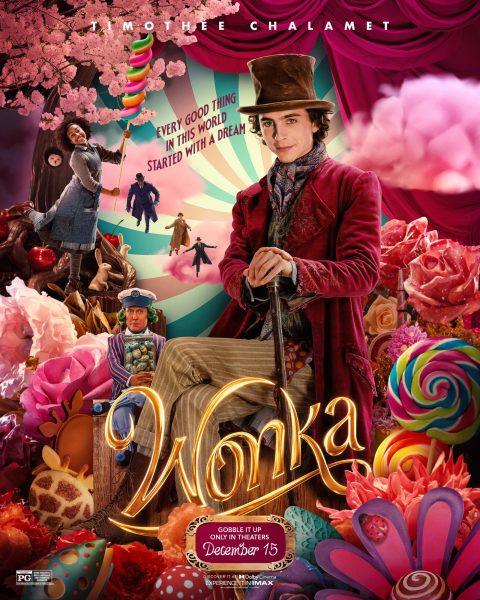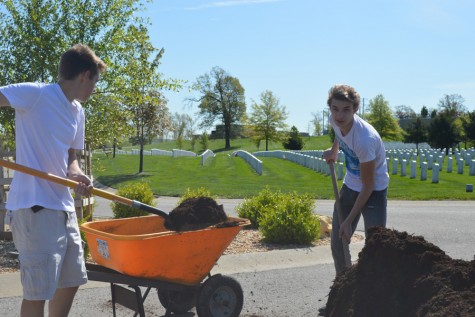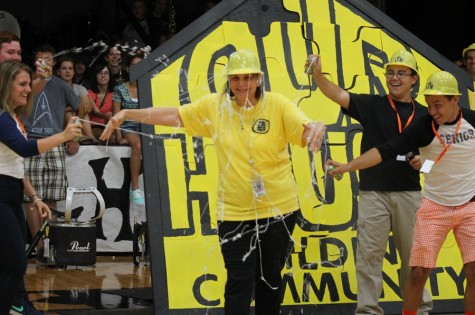Reading Tuesday
When I think of prejudice, I think of the times when foreigners were turned away, signs marked segregated sections, and when anyone who was even slightly different was shunned from society. I was under the impression that our society had moved on and reached a level of tolerance and acceptance for everyone, everywhere. I knew this was naive, but I guess I just hoped that with enough encouragement, we could look past prejudice and see that everyone is exactly the same in the fact that they are completely unique.
Then I read Until Tuesday: A Wounded Warrior and the Golden Retriever Who Saved Him, and I was introduced to a life that deserved so much more than the prejudice he was faced with, a bond that could lift hearts from the ashes of despair, and a pair that rose above the stubborn minds of society.
Luis Carlos Montalvan returned home from two tours in Iraq with a serious physical injuries that left him with a damaged back and the need to use a cane, as well as a traumatic brain injury. However, it was the injury that didn’t leave any physical marks that was the worst. Luis Montalvan had Post Traumatic Stress Disorder (PTSD) which tore his life inside out, making it difficult for him to even take the bus ride to the VA to get the medical attention he needed.
But this biography isn’t just about him, it’s also about Tuesday, his beautiful golden retriever service dog, who doubles as his best friend and lifeline. Faced with difficult decisions and loneliness, Luis signed up for the chance to be paired with service dog meant to help veterans with everyday, civilian life: something that can be challenging for those returning home. He never expected his life to change so drastically by the introduction of a single dog. Well, no, that’s not quite true, Tuesday is so much more than a dog. This book takes you through the life of Luis as he discovers that a tiny nudge from a wet nose can bring him back from the brink of panic and help him rise above in his darkest times. Tuesday truly is his lifeline, just as he is Tuesday’s.
That’s where the prejudice steps in. On several occasions, Luis and Tuesday were turned away and shunned because he didn’t look “disabled” enough. Some people even went so far as to deny him access to public buildings because Tuesday doesn’t look like a typical guide dog (even though he wears a special vest that alerts everyone of his occupation). For someone with PTSD and a fear of public speaking in general, events like these can be disastrous and crippling for the mind.
This book describes in detail what happens to our soldiers after they return home. It shows what can happen to those that the system fails, and emphasizes that the smallest gestures can make the greatest impact: for better or for worse. This autobiography displays the deep bond that can be formed between man and four-legged friend, and the beauty and salvation that comes complete faith in another, human or otherwise.

Class of 2015: Well hello there! My name’s Megan and I’m the Editor in Chief for our school newspaper. I honestly have no idea how that happened,...


